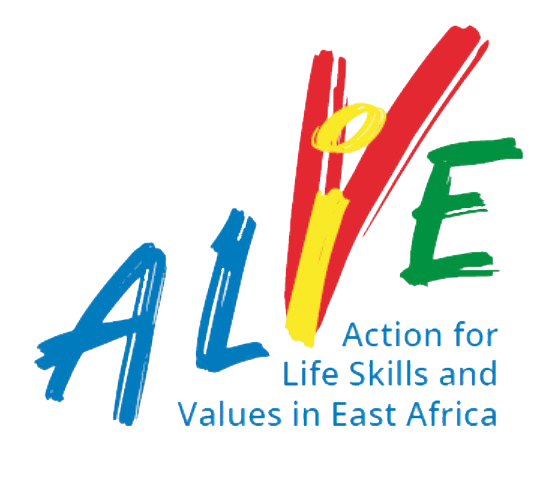In a world where digital technology dominates nearly every aspect of daily life, a silent crisis is unfolding one that isn’t about gadgets or internet access, but about character. Across Kenya, educators and parents are increasingly worried that children are growing up digitally connected yet emotionally and socially disconnected. To bridge this gap, Action for Life Skills and Values in East Africa, ALiVE, embarked on a 10-week regional parental engagement campaign on nurturing problem-solving among children and youth. The campaign dubbed nurturing a generation of problem solvers was rolled out in Kenya, Uganda, Tanzania(Mainland) and Zanzibar, with an aim to support parents with practical tools that they can use to engage with their children and to help them identify problems and solutions to the problems. Here in Kenya, the campaign focused on two pastoral counties, Isiolo and Kajiado. Read more
Some of the adolescents, especially a few girls we assessed were a little shy, but when you interact with them further they get a little more comfortable and then open up. Ms Mwajuma Mbabazi, an Asesseor Report indicates that these competencies are not only needed in the workplace but are also crucial to support academic achievements and promote the holistic development of individuals and society.
Reacting to the damning report, the General Secretary of Uganda National Teachers Union (UNATU), Filbert Baguma said that there is need for a total change of the education system coupled with motivating teachers to change the trend. “The findings show us that we need to transform our education system and that starts with the teachers who must be supported, motivated and facilitated in order to deliver since they have the capacity to nurture and assess the life skills and values.” Dr. John Mugo, Principal Investigator said “We cannot afford to discourage our children from asking questions. We need to encourage them to be creative and learn how to solve their day to day problems.” The assessment presents immense learning from organizations working together. Don’t be disheartened by the percentages but look at where the children are in the journey.” Dr. Mugo, added.
According to the study, which involved 17,276 young people aged between 13 and 17 from 20 counties, only five percent of respondents were able to justify solutions or identify multiple approaches to solving a problem to be considered at the proficient level. “The results show that most adolescents are not functioning at a particularly high level in the skills and values assessed. There are adolescents who are performing at a very high level, indicating that such performance is well within the achievable range for the 13-17 age group. There is still a lot of work to be done in the education sector to bring more of this age group to higher levels of functioning,” the report says.
In a recent study conducted by the Assessment of Life Skills and Values in East Africa (ALiVE), it was discovered that only 2% of Ugandan adolescents are proficient in problem-solving. Shocking, isn’t it? Proficiency in this context means that the adolescents are able to recognise existence of a problem from different perspectives, understand that there may be multiple solutions, be able to evaluate the alternatives and then select what they think could be the best solution. Read full blog
The Uasin Gishu Youth Initiative with Zizi Afrique Foundation, a local non-governmental organisation organised a successful dissemination of a report on the assessment of life skills and values (ALiVE) among teenagers in Eldoret. The initiative seeks to enhance Kenyan education systems among school-going children within the age of 13-17 years by equipping them with the skills and values for learning, living and for working. Speaking during the report launch, ZiZi Afrique Uasin Gishu County Coordinator Joshua Kemboi, said the skills include problem-solving, collaboration, self-awareness, and respect, with literacy and digital literacy as additional areas. The coordinator said that in order to promote early childhood development, the national curriculum should emphasize the development of life skills and values as there has been less emphasis on life skills and values. “We need to incorporate life skills and values in the curriculum from pre-primary to university level to churn out a graduate ready for the job market,” he said. Read full blog
“We are assessing three skills, and one value. We are assessing the skill of problem solving, collaboration and self-awareness, plus the value of respect. In every household, we are assessing one to two adolescents, and that gives us a minimum of 8,000 learners or adolescents that we assess. It is really critically important because this is the first time in East Africa that life skills and values are being assessed at a large scale,” she said. Read full blog





